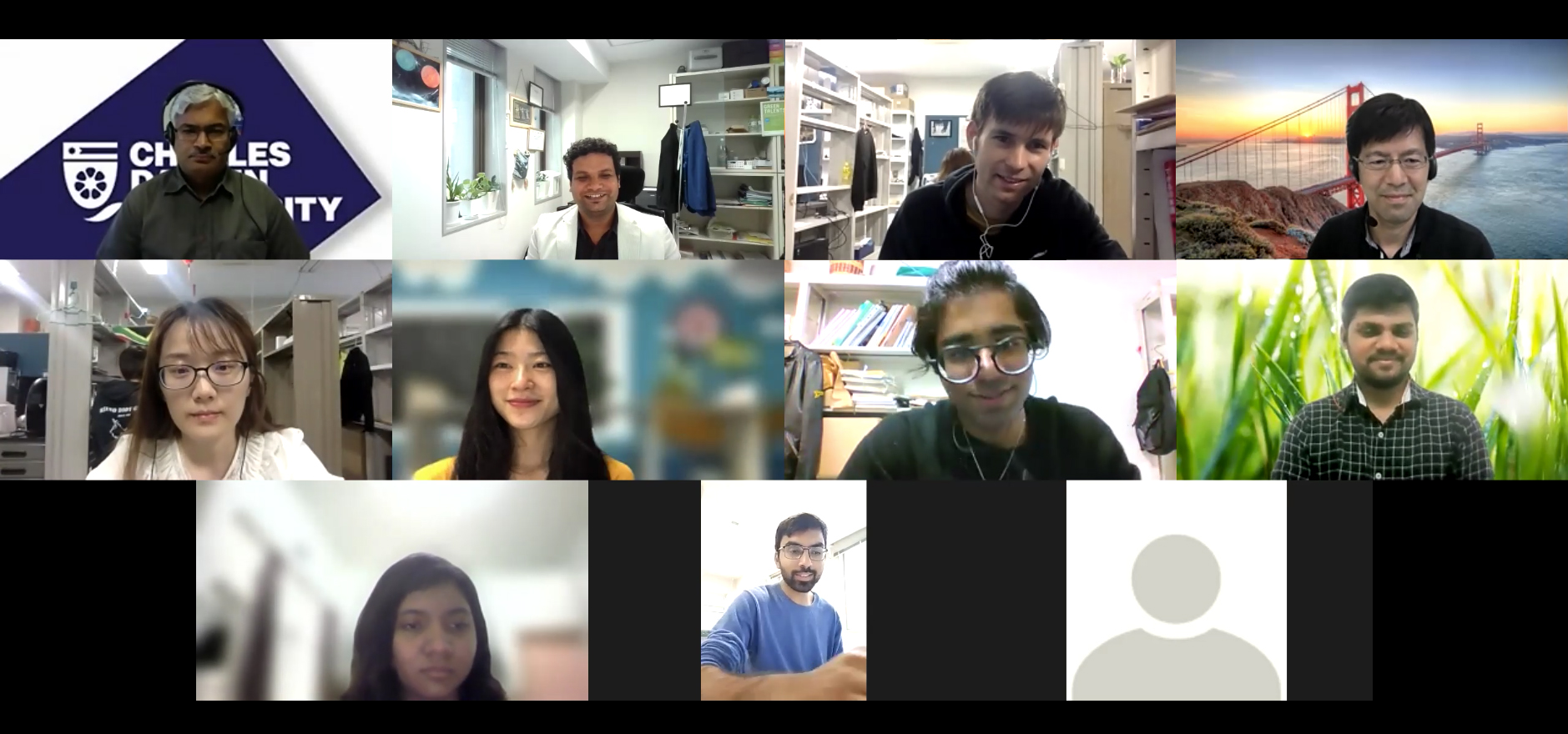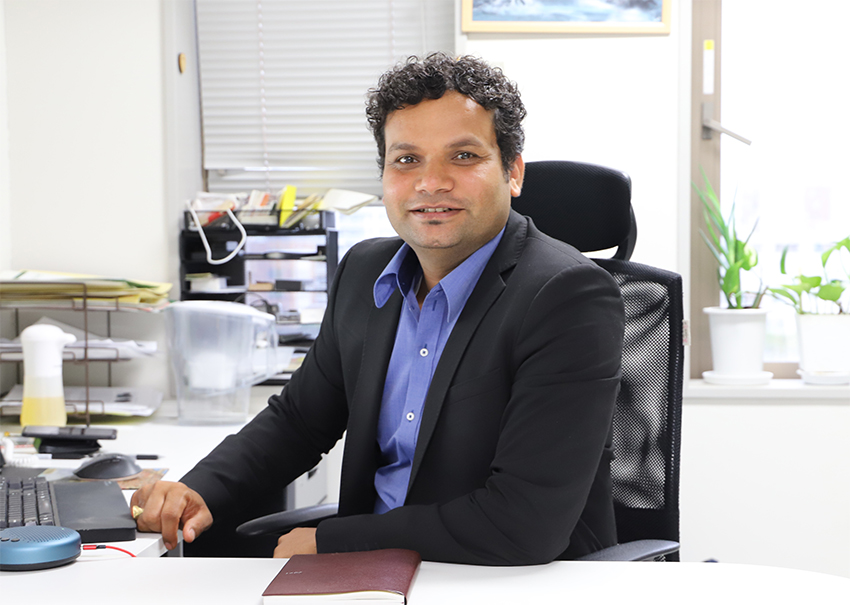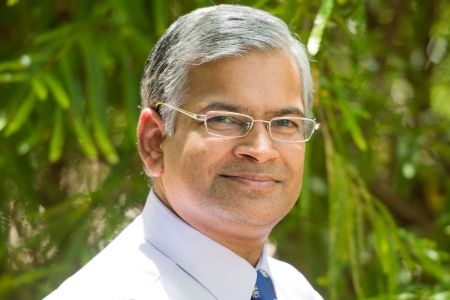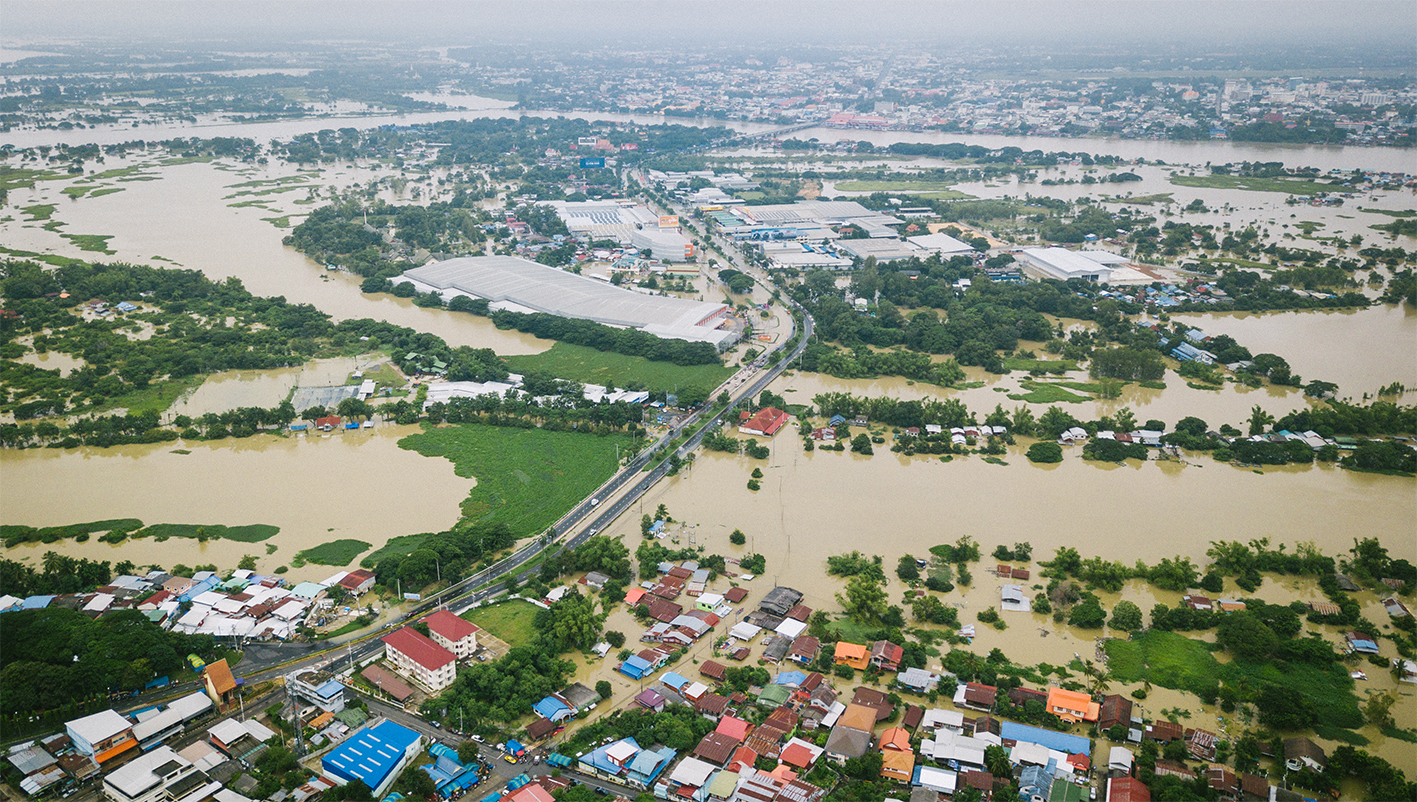HSI Report: Climate and Disaster Challenges in the Era of COVID-19
University News | July 29, 2021
“We are witnessing a unique, global-scale disaster which has caught us mostly unprepared,” said Associate Professor Akhilesh Surjan from Charles Darwin University, Australia, pointing to the ongoing COVID-19 pandemic. “While the pandemic impacts global society, there are various other disasters such as floods or earthquakes which are also creating chaos in different parts of the world.” Indeed, COVID-19 is only an addition, albeit a great one, to an existing issue: increasing and intensifying natural hazards often associated with climate change. “Imagine how challenging it is to face another disaster while already struggling with the pandemic,” exhorted Professor Surjan.
The Hokkaido Summer Institute (HSI) 2021 course “Climate and Disaster Challenges in the Era of COVID-19” took place online on 5th-7th July to discuss the pressing global challenges and their impacts on communities. With Professor Surjan as a guest lecturer, eight graduate students from China, India, Indonesia, Pakistan, and South Africa participated.

Participants and instructors of the Hokkaido Summer Institute (HSI) 2021 course, Climate and Disaster Challenges in the Era of COVID-19, held online on 5th-7th July.
Assistant Professor Ram Avtar from Hokkaido University’s Faculty of Environmental Earth Science, who organized the program, said, “This course is unique in that it focuses on the application of theories to real-world problems — climate change and disaster prevention. I am excited to invite Professor Surjan, a leading global expert in disaster risk reduction, to discuss this challenging topic. I hope that, through this intensive program, the participants will learn from practical examples which can be contextualized to suit local circumstances of developing and developed countries alike.”

The organizer of the program, Assistant Professor Ram Avtar of Hokkaido University’s Faculty of Environmental Earth Science
The program started by overviewing various disasters occurring globally: examples included a flash flood in Indonesia, a volcanic eruption in the Philippines, and a more recent building collapse in the USA. Professor Surjan then introduced analytical approaches to understand the implications of statistical data and the underlying causes of the damages.
The following lecture focused on risks and resilience in an urban context. Rapid urbanization in the 21st century has increased various urban risks, ranging from road accidents, dependence on electricity, to air pollution. “Most cities are located in river deltas, coastal areas, or seismic zones, making them more vulnerable. However, urban risks often involve numerous factors that we, as human society, can influence. So, while we might not be able to prevent an earthquake or flood, we can prevent them from becoming disasters,” said Professor Surjan.
The second day of the program included a case study of cyclone Marcus, which hit Darwin, Australia, in March 2018, inflicting wide-scale damage to the city. Professor Surjan first gave a meteorological overview of tropical cyclones and then shared his personal experience of the cyclone Marcus. Also discussed was the involvement of human activities in secondary disasters, such as unsuitable planting resulting in massive numbers of fallen trees. “The post-Marcus chaos was a real wake-up call for citizens, but there are lessons yet to be learned,” said Professor Surjan.
Another case study introduced unique practices and grassroots innovations to minimize negative impacts of future disasters. Examples included the Heat Action Plan in India to raise public awareness and give early warnings of heatwaves, as well as the Room for the River program in the Netherlands, a set of countermeasures against the rising sea levels. “Better policies can save lives. We should learn persistently from the past and from each other,” said Professor Surjan.
On the final day, returning to the issue of the current COVID-19 situation, Professor Surjan discussed social, economic, and political aspects of the pandemic in an effort to frame a holistic view of the ongoing disaster. In particular, he addressed the difference from the past pandemics; the rapid spread of the disease, the availability of digital technologies, and the amount of information communicated. He also highlighted the enormous impact of social media in disseminating both accurate and inaccurate information. “After a year and half of immediate reactions and confusion, it is now important to adopt a balanced approach and intensify sustainable measures to cope with the virus,” he underlined.
To conclude the three-day course, participants discussed major challenges faced in various countries including their respective home countries. Professor Surjan encouraged the participants, “You are privileged to receive higher education in these difficult times, thus, each of you has a role to play in finding appropriate solutions to ongoing global challenges for helping current and future generations.” He also highlighted the need to build resilience through social capital and provided remarkable experiences of Japan’s neighborhood community associations, known as Jichikai/Chonaikai.
Stephan Louw from South Africa, one of the program participants and a student at Hokkaido University’s Graduate School of Environmental Science, commented, “I found the course quite insightful, to learn about the compounding effect of different disasters. It is something I hadn’t thought about before. People’s livelihoods and also government resources are under big strain because of the pandemic, but still, they need to deal with other disasters like typhoons and droughts! I hope, in my research about low-cost precision agriculture, I will be able to contribute methods to help struggling farmers in similar future scenarios.”
To receive information about HSI 2022, sign up for a reminder through the following link:
https://hokkaidosummerinstitute.oia.hokudai.ac.jp/E-Notices/
Written by Naoki Namba



